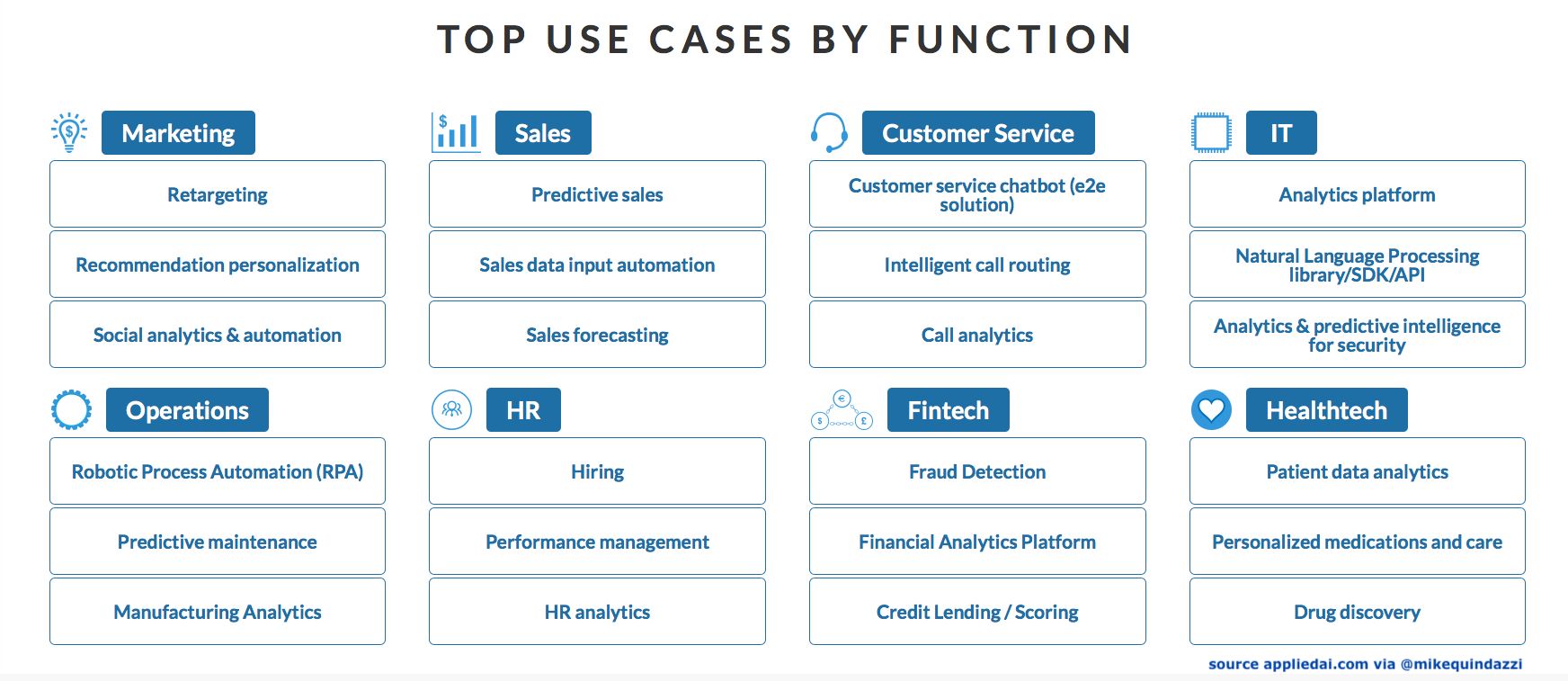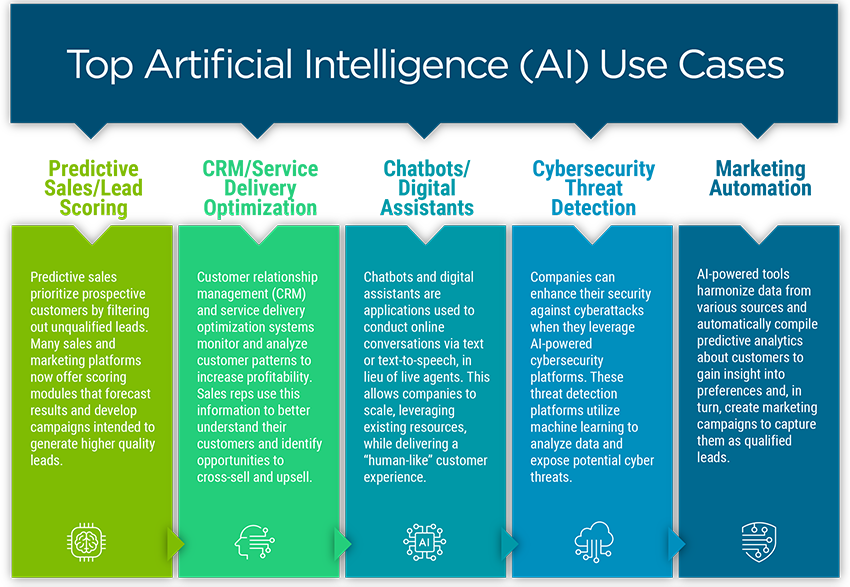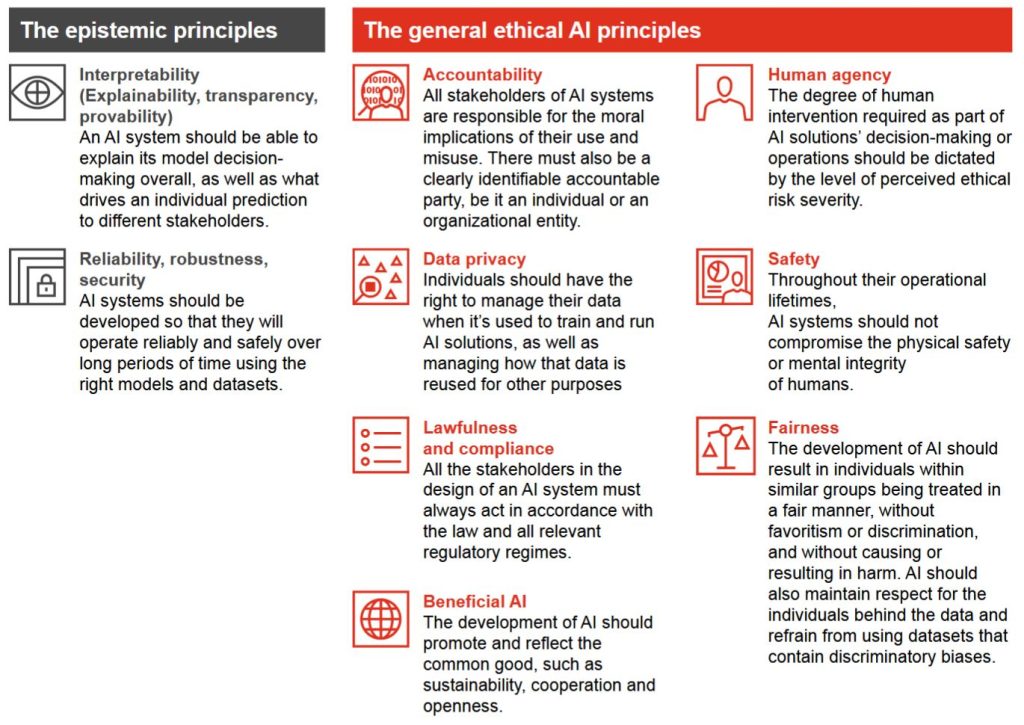
How can we integrate generative AI into the future?
Artificial intelligence is probably the hottest technology on the market right now. It has the potential to fundamentally alter our society, just as the internet has been doing the past decades. Especially in the form of generative AI, which requires less technical insight behind the curtain, could very easily harnessed to increase productivity and optimise workflows. But in what ways might that alter the job market and industry for us humans?
Artificial Intelligence as a tool
Generative KI hilft uns dabei, uns auf das zu konzentrieren, was wir als Menschen am besten können: emotionale Intelligenz, Kreativität und strategisches Denken[1].
Dr. Léa Steinacker in HB Zukunft IT/KI
The classical fear of new technologies is that they will replace us, taking our jobs and rendering us superfluous. What usually happens is that we use these technologies to mechanise and automate, allowing us to dedicate ourselves to new, or uniquely human occupational niches.
The same thing is already happening with artificial intelligence. We are already beginning to integrate it into our workflows, using it to automate particularly repetitive or time-consuming tasks. There is no doubt that AI has the potential to revolutionise how we work.

In a recent edition of the IT/AI journal of the Handelsblatt, Prof. Miriam Meckel suggested that the challenge is to create complementarityy between humans and AI, and to allow both parties to play to their strengths: letting AI handle the heavy lifting on data analysis for example, leaving humans to do more nuanced, or creative tasks. But its not just about a division of labour. Using AI means the creation of new jobs– Prof Meckel suggested that something like human-machine-integration manager might be one such job profile.
These shifts are already happening. The recent entry of generative AI into mainstream technology has seen the birth of “prompt engineers”, who specialise in feeding and manipulating AI prompts to generate the right type of result.
The ideal vision is one of synergy and divided labour: letting both humans and machines specialise in what they do best, and allowing humans to dedicate themselves to tasks which require nuance, emotional intelligence, and creativity.
The road to AI implementation
Generative KI kann einen positiven Einfluss auf unsere Produktivität haben, (…) doch es braucht gleichzeitig einen verantwortungsvollen Umgang mit KI[2].
Prof. Dr. Miriam Meckel in HB Zukunft IT/KI
But how do we get to this ideal world?
There are two hurdles. The first one is perhaps the more tangible: this is new technology, and many people are not yet comfortable or skilled in using it. At surface level there is an easy solution: training and upskilling.
The task is to create familiarity with the technology, and in teaching users how to harness it. There are training programmes, like Prof. Meckel’s and Dr Steinacker’s ada Learning, which focus on building theoretical knowledge and practical application skills.
That’s the easy problem, with a clear solution. The second hurdle to implementing and integrating AI tech, is the issue of ethics and responsible use. I have highlighted ethical challenges in AI before, but what counts as legal or responsible use is still far from settled.

There are many questions and concerns about implementing AI, from data protection to the lack of replicability and accountability. One major issue that is steadily gaining visibility, is the (mis)use of generative AI for creative outputs. Visual generators like Dall-E and midjourney, as well as AI Voice generators are already harming artists and voice actors. Not only are they drawing away work from these creators, considering how generative AI is trained they are actively plagiarising and stealing from them.
This is perhaps the greatest challenge to the wide-spread and harmless implementation of AI. And part of overcoming it, will have to be the creation of ethical and legal frameworks, as well as the establishment of standards around responsible use.
Sources
Boost Your Productivity with Generative AI
Generative AI: Why An AI-Enabled Workforce Is A Productivity Game Changer
HB Journal Zukunft IT/KI 2023 – Wie generative KI unsere Arbeit verändert
How to use generative AI in business | Hibernian Recruitment
How Generative AI Is Changing Creative Work
We Need to Talk about Ethics and Computer Vision | Hibernian Recruitment
[1]Generative AI helps us to focus on the things we humans do best: emotional intelligence, creativity, and strategic thinking.
[2]Generative AI can have a positive impact on our productivity, (…) but it also requires responsible use of AI.

